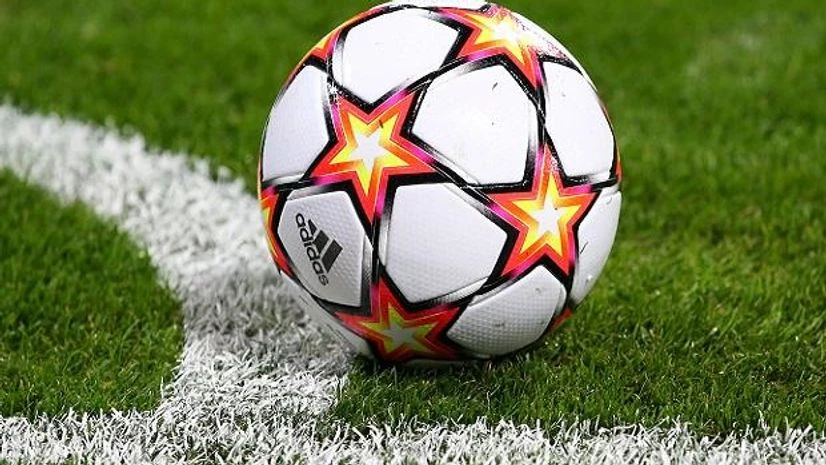An overhaul of financial restrictions in European soccer will be discussed by leading clubs at a meeting Thursday with limits on spending rather than salary caps.
UEFA is set to replace its Financial Fair Play rules, which placed limits on losses, after more than a decade.
Instead, teams in competitions including the Champions League will eventually only be allowed to spend up to 70% of their income on soccer-related activities, people with knowledge of the plans told The Associated Press. The people spoke on condition of anonymity because they were not authorized to discuss the plans that are still being formulated.
The European Club Association will assess the proposals that have been worked on with UEFA at an executive board meeting on Thursday. The final rules are set to be concluded at a UEFA executive committee meeting in April.
There are still issues about disparities across Europe, including domestic tax regimes and social contributions that could benefit clubs over rivals.
Also Read
The New York Times reported that some clubs had been pushing to be allowed to spend up to 85% of their earnings. While the spending limit could be 90% to start, that would come down to 70%.
Teams over-spending could be relegated within UEFA's competitions, from the Champions League to the Europa League and the third-tier Europa Conference League.
There could be an addition $10 million allowed in spending above the cap for what is being called a sustainability bonus if they are in strong financial health.
The moves are designed to try to achieve a form of competitive balance and greater sustainability for clubs but still provide a built-in advantage to the richest clubs rather than narrowing the gap.
UEFA had been exploring salary caps, but their legality under European law was questioned.
Despite more than a decade of lavish investment in players, Abu Dhabi-funded Manchester City and Qatar-owned Paris Saint-Germain have yet to win the Champions League.
Key to rules tying spending to income will be whether UEFA assess of the true value of potentially inflated sponsorships linked to the state-backed ownership with both City and PSG benefiting significantly from deals linked to their Gulf ownership.
PSG's president is Nasser Al-Khelaifi, who is chairman of the influential European Club Association that has been working on the new financial regulations with UEFA.
The Qatari is also a member of the executive committee at UEFA, which has yet to finalize the plans for entry for the expanded Champions League from 2024 with a jump from 32 to 36 teams.
Two places were being lined up to be awarded to teams based on historic achievement in Europe if teams don't qualify through their domestic leagues but that plan is still in flux in the wider fallout from the collapse of the Super League last year.
(Only the headline and picture of this report may have been reworked by the Business Standard staff; the rest of the content is auto-generated from a syndicated feed.)

)
